Junyang Qiu
Improving the Transferability of Adversarial Examples with Resized-Diverse-Inputs, Diversity-Ensemble and Region Fitting
Dec 11, 2021
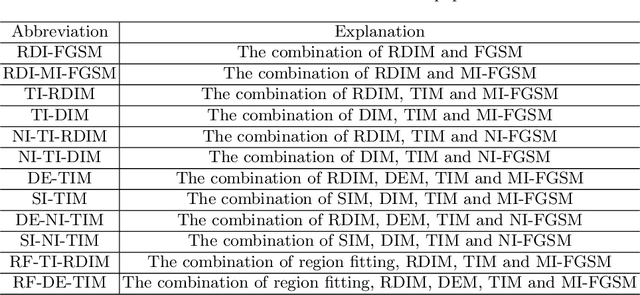


Abstract:We introduce a three stage pipeline: resized-diverse-inputs (RDIM), diversity-ensemble (DEM) and region fitting, that work together to generate transferable adversarial examples. We first explore the internal relationship between existing attacks, and propose RDIM that is capable of exploiting this relationship. Then we propose DEM, the multi-scale version of RDIM, to generate multi-scale gradients. After the first two steps we transform value fitting into region fitting across iterations. RDIM and region fitting do not require extra running time and these three steps can be well integrated into other attacks. Our best attack fools six black-box defenses with a 93% success rate on average, which is higher than the state-of-the-art gradient-based attacks. Besides, we rethink existing attacks rather than simply stacking new methods on the old ones to get better performance. It is expected that our findings will serve as the beginning of exploring the internal relationship between attack methods. Codes are available at https://github.com/278287847/DEM.
Making Adversarial Examples More Transferable and Indistinguishable
Jul 08, 2020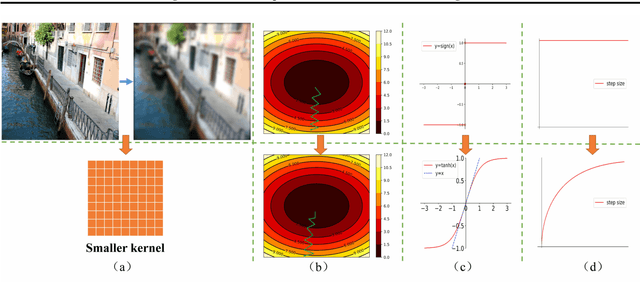
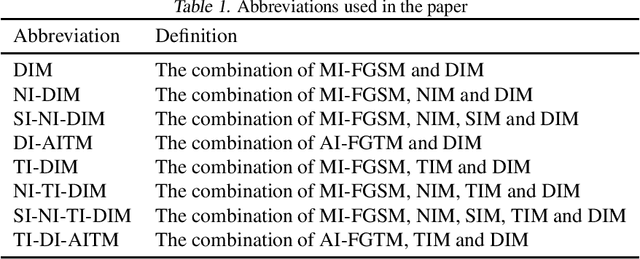
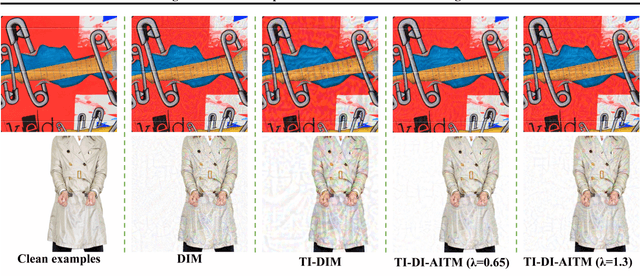
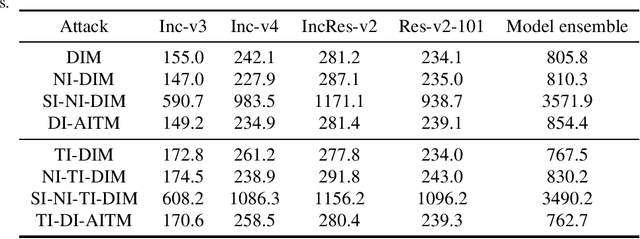
Abstract:Many previous methods generate adversarial examples based on the fast gradient sign attack series. However, these methods cannot balance the indistinguishability and transferability due to the limitations of the basic sign structure. To address this problem, we propose an ADAM iterative fast gradient tanh method (AI-FGTM) to generate indistinguishable adversarial examples with high transferability. Extensive experiments on the ImageNet dataset show that our method generates more indistinguishable adversarial examples and achieves higher black-box attack success rates without extra running time and resource. Our best attack, TI-DI-AITM, can fool six black-box defense models with an average success rate of 88.0\%. We expect that our method will serve as a new baseline for generating adversarial examples with more transferability and indistinguishability.
 Add to Chrome
Add to Chrome Add to Firefox
Add to Firefox Add to Edge
Add to Edge